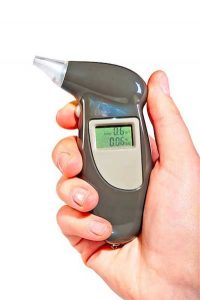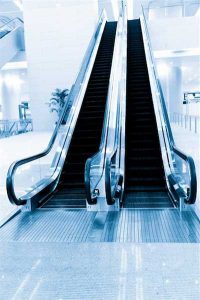Take Steps to Lessen the Severity of Common Childhood Injuries
 Does your child wear a helmet every time he or she rides a bike? What about when rollerblading or riding a scooter or skateboard? With summer approaching, these activities become more popular, affording children the opportunity to get both fresh air and exercise. That’s great provided children practice good safety habits.
Does your child wear a helmet every time he or she rides a bike? What about when rollerblading or riding a scooter or skateboard? With summer approaching, these activities become more popular, affording children the opportunity to get both fresh air and exercise. That’s great provided children practice good safety habits.
Research recently showed that more than 425,000 children are injured each year as a result of wheeled sports. While broken bones are the most frequently reported injury, serious head injuries also rank fairly high, leading doctors to emphasize the importance of wearing safety helmets when engaged in any wheeled sporting activity.
On a positive note, the research showed a significant decrease in the number of bicycle-related injuries; however, injuries from another wheeled sport have been on the rise. Do you know which one? Read “Falls sent 426,000 kids to ERs in a year, new study finds” to find out.
 New Jersey Injury Lawyers Blog
New Jersey Injury Lawyers Blog











